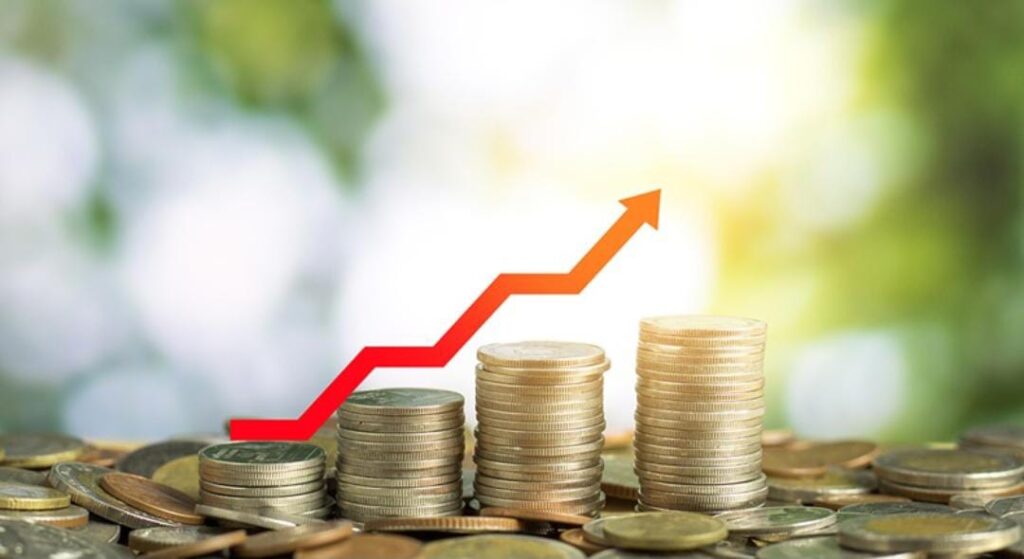
Income Tax returns show doubling of capital gains in AY23
By: Admin
June 18, 2024
Categories: Income Tax News|News
4 Min Read

Income tax assessee’s have shown capital gain nearly double, during Assessment Year 2022-23 (AY23), as compared to AY22. Interestingly, Long Term Capital Gain (LTCG) has registered much higher growth as compared to Short Term Capital Gain (STCG), during the period under consideration.
These statistics have been generated from e-filed returns (digitally signed, eVerified, or where ITRV has been received) captured in system up to August 31, 2023. Total number of 6.75 crore returns have been examined.
According to data from Income Tax Department, LTCG shown in return rose to ₹8.20 lakh crore in AY23, from ₹3.52 lakh crore in AY22. Similarly, short term capital gain tax surged to over ₹2.22 lakh crore, as compared to ₹1.52 lakh crore. Although, reasons have not been given for such a surge, it is believed that asset prices had gone up during the said AY, and gave good return to those who sold.
Capital gain here, means any profits or gains arising from the transfer of a capital asset effected in the previous year, and it is chargeable to income-tax. Capital assets include immovable properties such as land, building, house property, and movable properties, such as Securities (equity, debentures, bonds, govt securities etc.) listed on a recognised stock exchange in India, units of UTI (quoted or not), units of equity oriented mutual fund (quoted or not), Zero coupon bonds (quoted or not).
Capital Assets are categorised into two – Short Term, and Long Term. An asset held for a period of 36 months, or less, is a short-term capital asset. However, the criteria is 24 months, for unlisted shares, (those shares which are not listed in a recognised stock exchange in India), and immovable properties such as land, building, and house property from FY2017-18. Also, a 12-month time period is used for short term in case of equity or preference shares in a company listed on a recognised stock exchange in India, securities (like debentures, bonds, govt securities etc.) listed on a recognised stock exchange in India, units of UTI (quoted or not), units of equity oriented mutual fund (quoted or not), and Zero-Coupon Bond (quoted or not).
An asset held for more than 36 months, is a long-term capital asset. They will be classified as a long-term capital asset, if held for more than 36 months as earlier. Capital assets such as land, building, and house property shall be considered as a long-term capital asset, if the owner holds it for a period of 24 months or more (from FY2017-18). Whereas, more than 12 months criteria will be used to consider long-term capital asset, if these are equity or preference shares in a company listed on a recognised stock exchange in India, securities (like debentures, bonds, govt securities etc.), listed on a recognised stock exchange in India, units of UTI (quoted or not), units of equity oriented mutual fund (quoted or not), and Zero-coupon bonds (quoted or not)
The rate of tax on capital gain for short term 15 per cent of gain (for securities) or according to tax slabs (for others). Similarly, long term capital gain tax is 10 per cent (for securities), to 20 per cent (for others).
Source from: https://www.thehindubusinessline.com/economy/capital-gain-shown-in-income-tax-return-